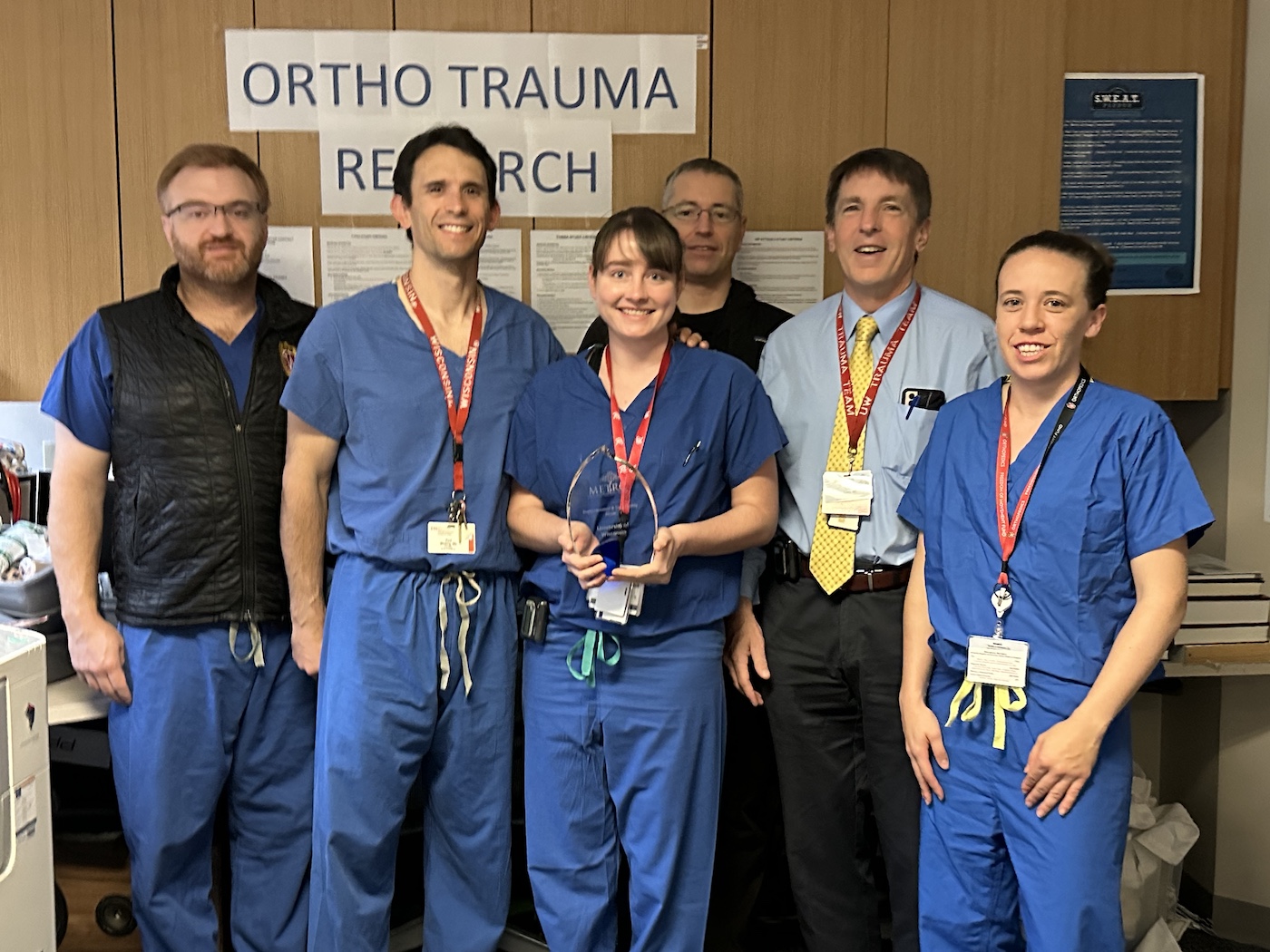Timothy McGuine, PhD, receives 2024 Chancellor’s Award for Excellence in Research: Independent Investigator
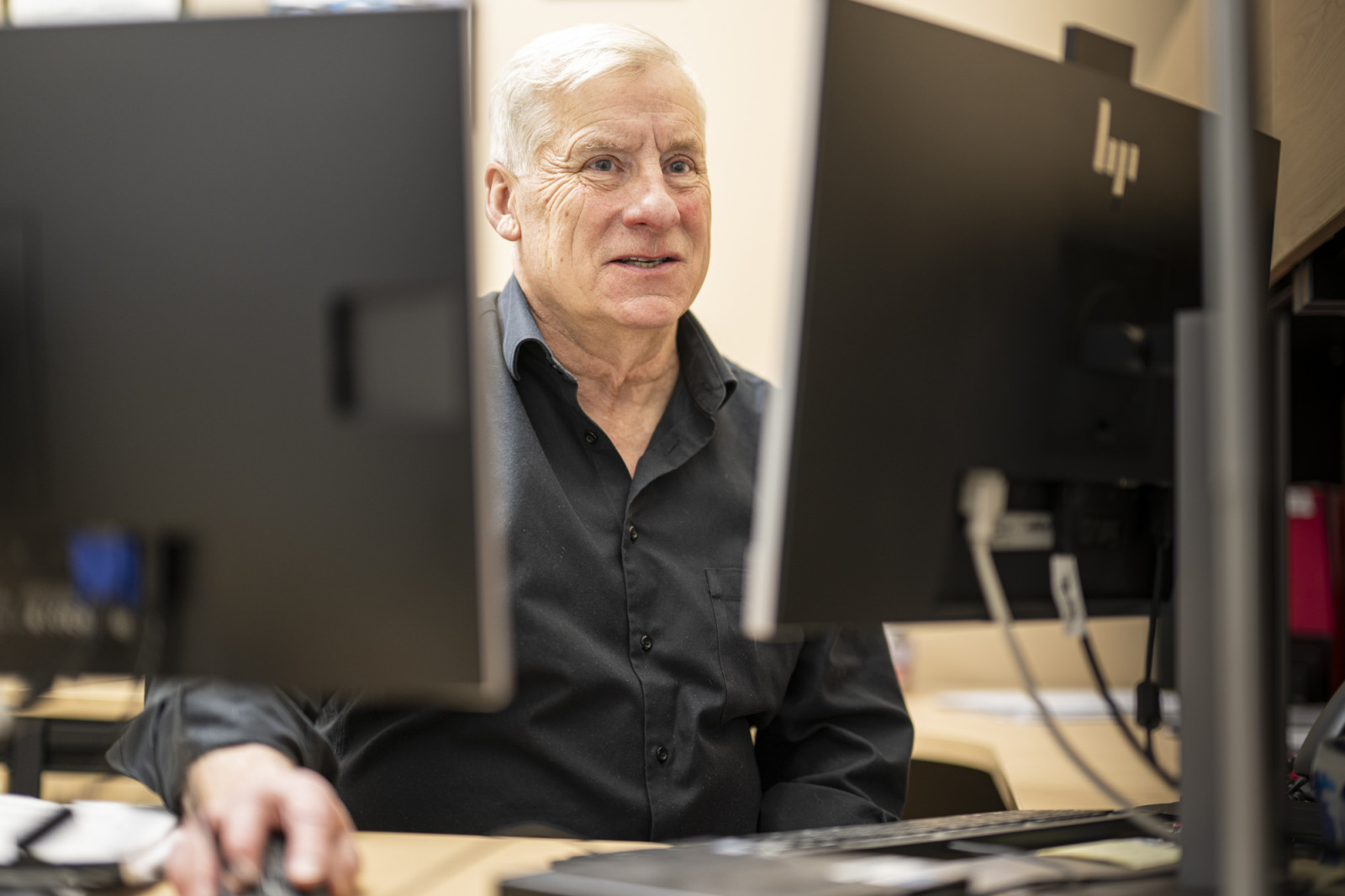
Timothy McGuine, PhD, a distinguished scientist in the Division of Sports Medicine, Department of Orthopedics and Rehabilitation. Photo: Bryce Richter
Each year, the University of Wisconsin–Madison recognizes outstanding academic staff members who have excelled in leadership, public service, research and teaching. Timothy McGuine is one of those exceptional individuals who brings the university’s mission to life and ensures that the Wisconsin Idea extends far beyond the campus and the state.
April 26, 2024 – Timothy McGuine, PhD, began his career as an athletic trainer and remains one at heart. His “on the sidelines” expertise imbues everything he researches, contributing to his national reputation as an expert on injury prevention in adolescent athletes.
McGuine’s 81 peer-reviewed papers address some of the most pressing issues facing young sports participants, from reducing concussions and ankle injuries to the efficacy of football helmets and soccer headgear.
Recently, he took a leading role in researching the impact of youth sports participation on overall health during the COVID-19 pandemic, becoming among the first to present on this emerging topic.
One of McGuine’s most important contributions has come in the standard he has set for clinical field research. His multi-site studies take place at the point of injury and at the point of care. McGuine’s studies also have had a profound impact on professional clinical practice — one ankle injury and balance intervention study, for example, has been cited over 1,500 times.
“Tim is nationally recognized for his contributions to adolescent sports medicine, which grew out of his background as an athletic trainer. His models have set new standards for research, and his widely cited work has informed safety policy in high school sports. Tim founded the Wisconsin Sports Injury Research Network, which partners with schools around the state to gather data on athletic training interventions that’s led to some important innovations — for example, he has conducted the largest injury prevention studies for sports injuries ever undertaken in his profession — resulting in new strategies used by medical providers across the country.
The working relationships Tim has developed with schools have helped him advance discovery on other health challenges, like researching the impact of youth sports participation on overall health during the Covid-19 pandemic. And his service on national medical advisory committees for high school sports brings a valuable research perspective to policy decisions.”
– Jennifer Mnookin, PhD, Chancellor of the University of Wisconsin–Madison
“Dr. McGuine has crisscrossed the state, time and time again, putting thousands of miles on his car in an effort to educate high school athletes, their parents, athletic directors and athletic trainers regarding his population-based studies and the impact they would have on the participants and on the lives of others.”
– Tamara A. Scerpella, MD, Professor and Chair, Department of Orthopedics and Rehabilitation
Excerpted and adapted from an article that originally appeared on news.wisc.edu.

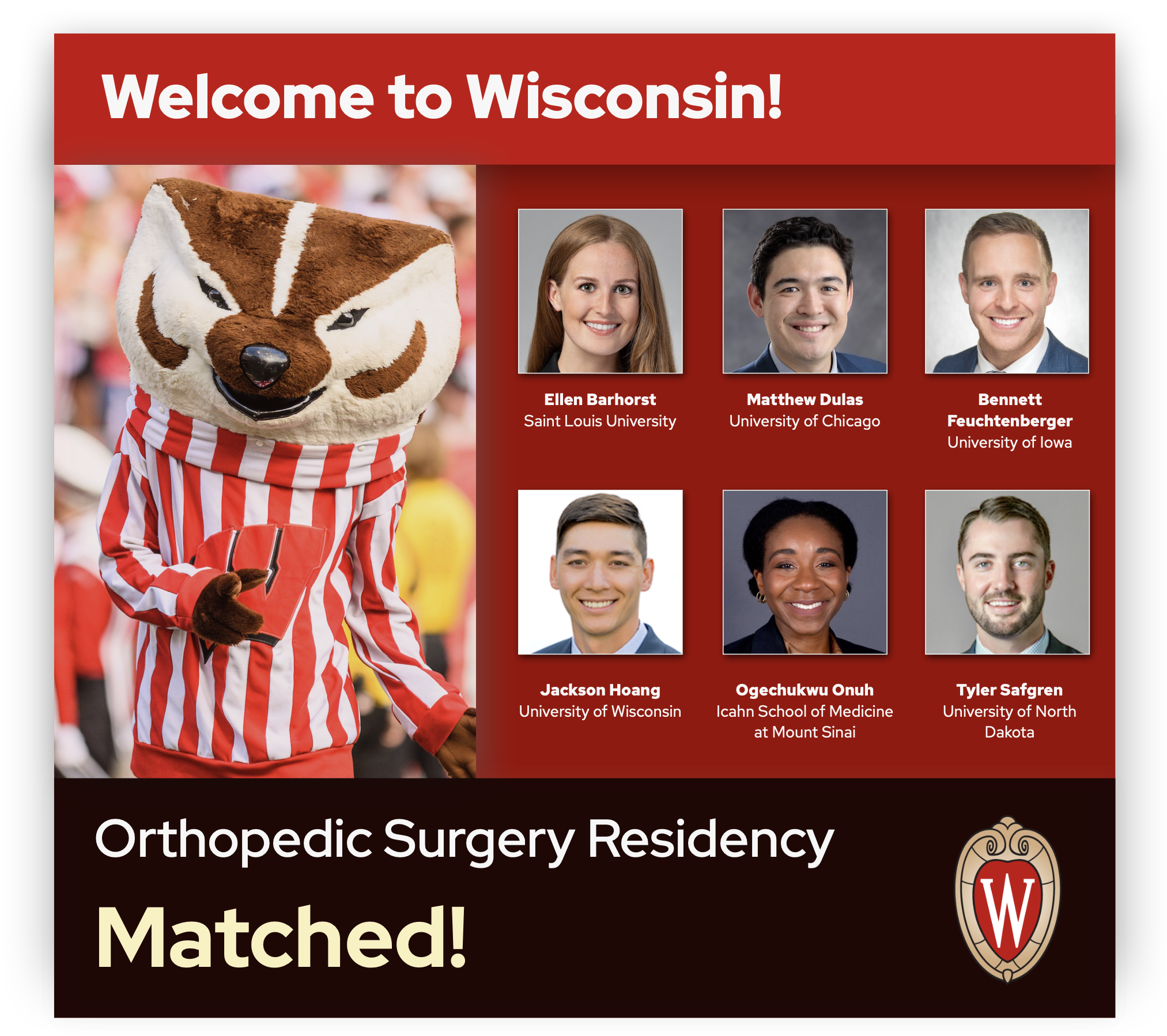
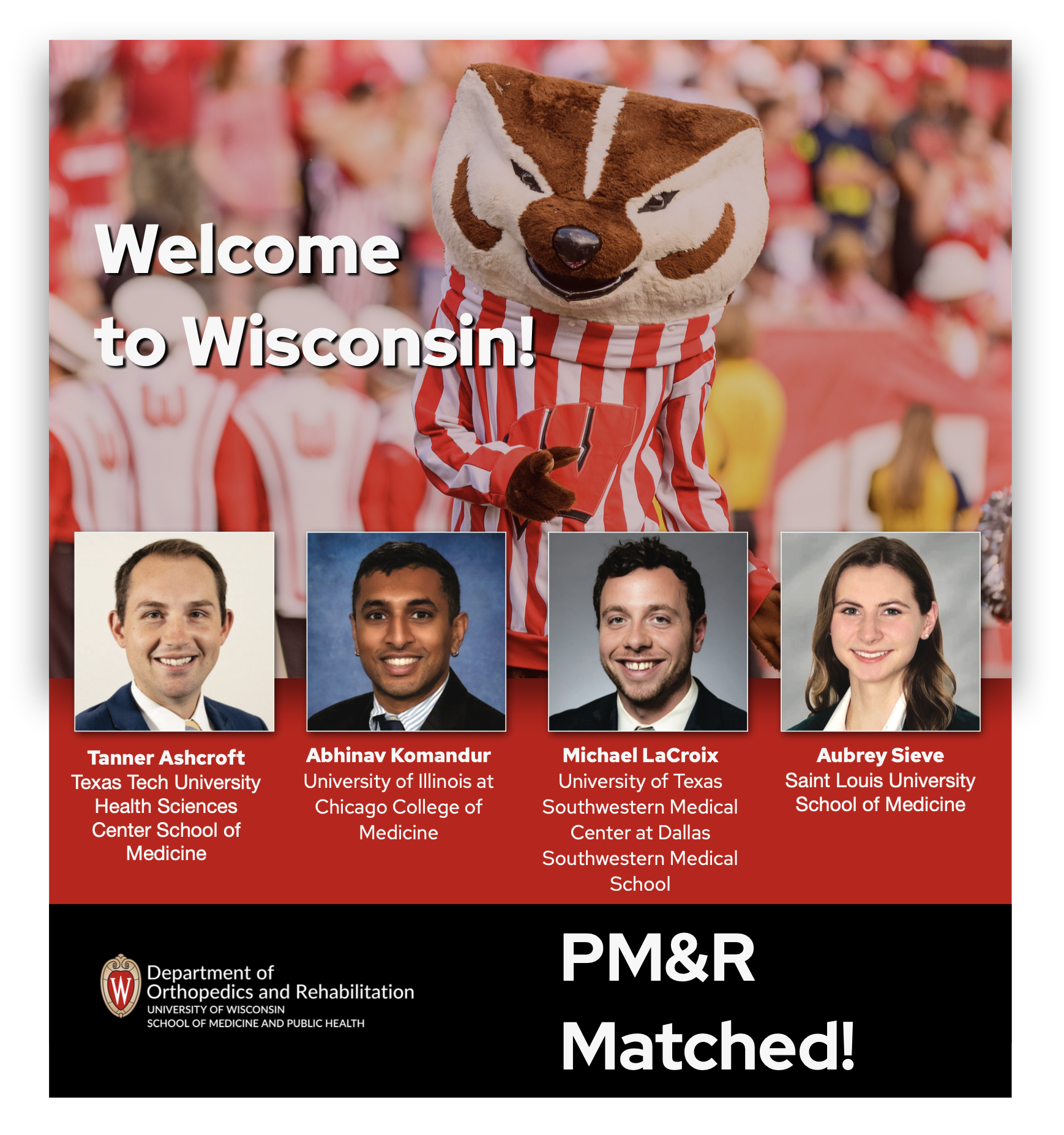
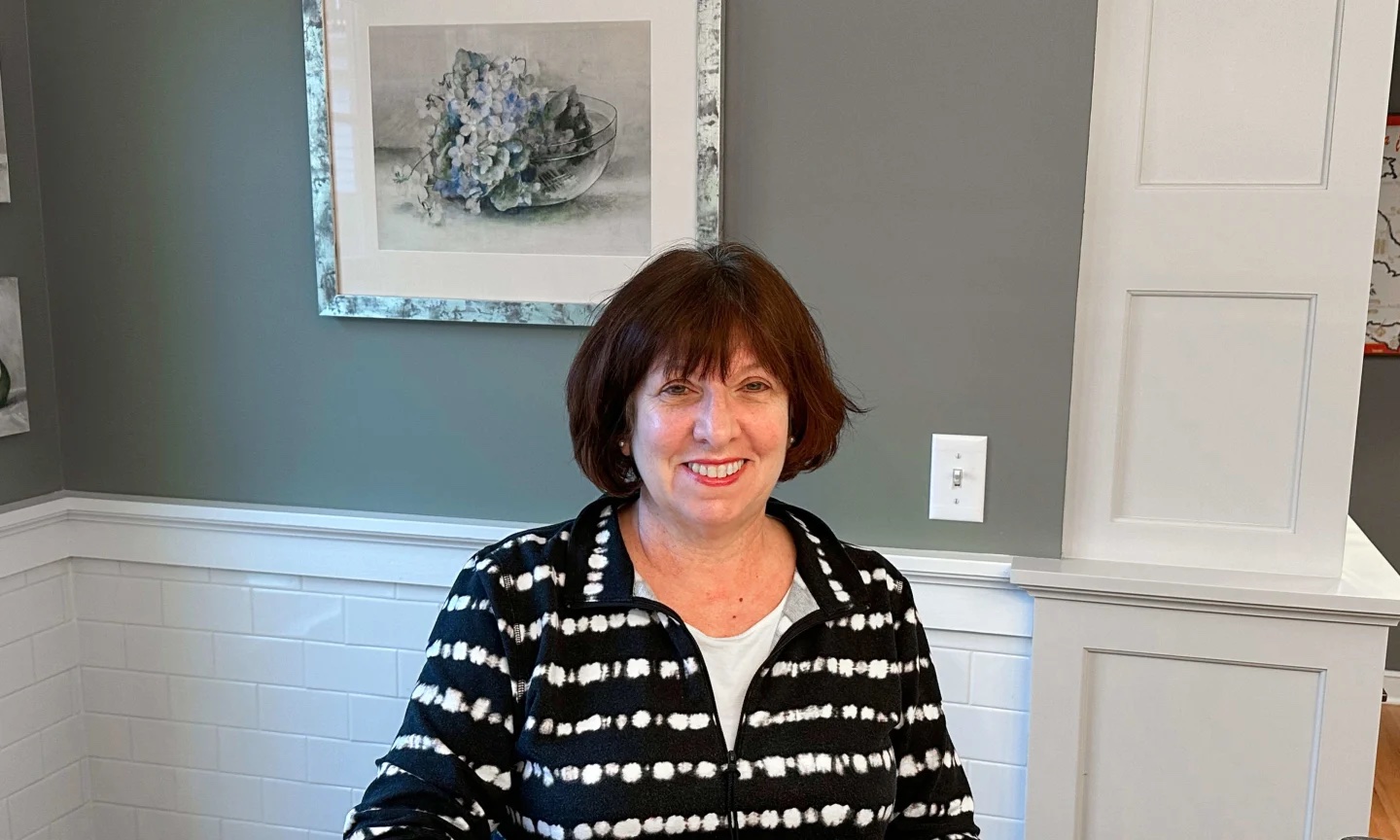
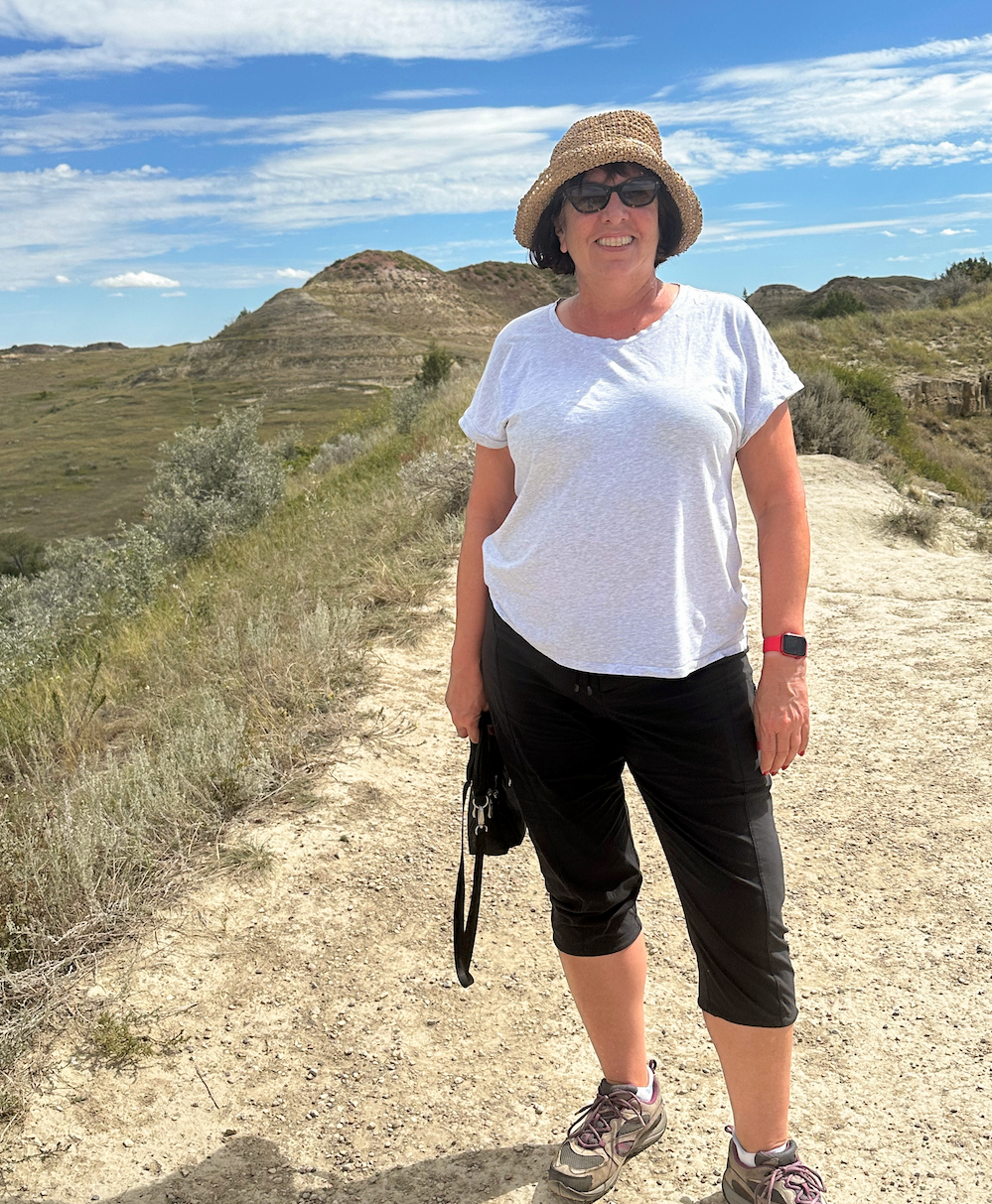
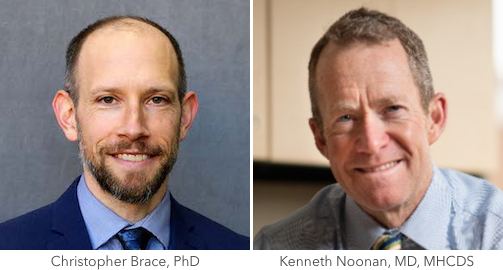 This fall, the National Institutes of Health (NIH) awarded Christopher Brace, PhD, UW School of Medicine and Public Health (SMPH) associate professor, Departments of Radiology and Biomedical Engineering, and Kenneth Noonan, MD, MHCDS, professor, Department of Orthopedics and Rehabilitation, a five-year, $3 million R01 grant for a research project that aims to revolutionize the treatment of limb-length discrepancy (LLD) – a common disability in which one leg is longer than the other.
This fall, the National Institutes of Health (NIH) awarded Christopher Brace, PhD, UW School of Medicine and Public Health (SMPH) associate professor, Departments of Radiology and Biomedical Engineering, and Kenneth Noonan, MD, MHCDS, professor, Department of Orthopedics and Rehabilitation, a five-year, $3 million R01 grant for a research project that aims to revolutionize the treatment of limb-length discrepancy (LLD) – a common disability in which one leg is longer than the other. 